1. Miami, Florida
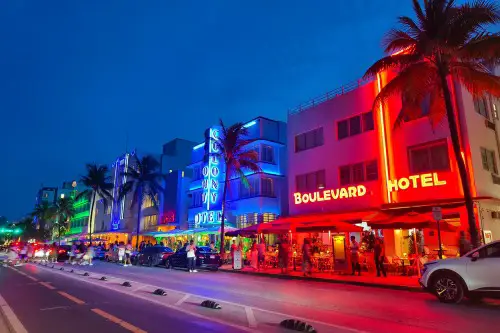
Miami sells itself as a 24/7 playground of beach parties, neon lights, and high-end luxury. The nightlife is legendary, and the tourism board leans hard into that image. But try dealing with the county government on anything from permitting to business licenses and you’ll quickly hit a wall of bureaucracy. Lines are long, systems are outdated, and efficiency isn’t exactly the city’s strong suit, according to David Cuillier of The Conversation.
Even basic services like parking enforcement and transit planning are a maze of confusion. Residents regularly complain about lost paperwork and conflicting agency rules. And good luck calling someone who can actually help—Miami’s version of customer service is more “shrug emoji” than concierge. For a city that looks like a music video, it sure operates like a waiting room.
2. Reno, Nevada
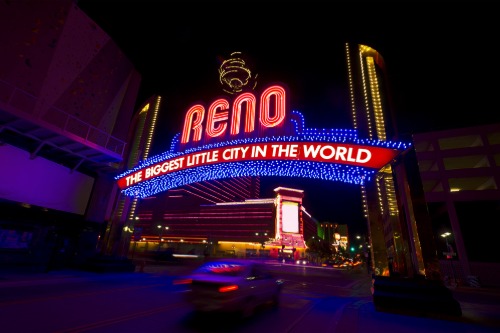
Reno loves to brand itself as “The Biggest Little City in the World,” and lately it’s been leaning into a rebrand as a hip alternative to Vegas. With flashy casinos, art festivals like Burning Man spillover events, and a rising startup scene, it wants the world to see it as edgy, fun, and forward-thinking. But when you actually live there, the city’s administrative systems feel decades behind the branding. Permitting offices, housing assistance, and zoning boards are frequently cited for disorganization and frustrating delays, according to Eliza Relman of Business Insider.
Residents report inconsistent communication from city departments and poorly integrated online services. There’s a growing tension between the city’s rapid development and the outdated infrastructure meant to support it. Trying to do anything beyond dining and gambling often turns into a bureaucratic waiting game. Reno may sparkle on the surface, but the behind-the-scenes experience is more 1990s DMV than next-gen desert boomtown.
3. Los Angeles, California
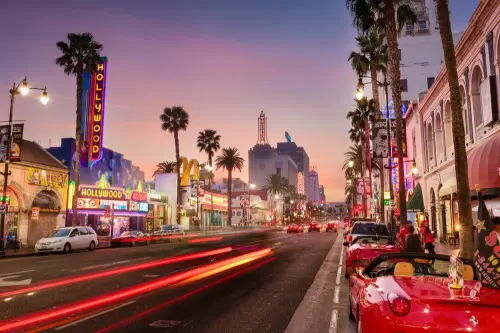
LA markets itself like a dream factory—sun, surf, stars, and endless opportunity. It’s the land of reinvention and curated Instagram moments. But try getting a building permit or registering a car, and you’re suddenly plunged into an endless loop of phone trees and broken websites. The glamour stops the moment you have to interact with any civic process.
Local departments are notoriously siloed, so even simple tasks require multiple in-person visits, according to Jon Miltimore of The Daily Economy. Homelessness services, housing permits, and tenant protections all come with pages of fine print and contradictions. And despite being a tech capital, digital services are lagging behind. It’s a city of innovation that still asks you to fax forms.
4. Nashville, Tennessee

Nashville has rebranded itself as the bachelorette capital of the U.S., complete with pedal taverns and country-glam aesthetics. The marketing screams Southern hospitality meets party central. But the city’s infrastructure hasn’t caught up, and neither has its bureaucracy, according to Jonathan Martin of Politico. Locals dealing with planning commissions or public services find themselves in an administrative time warp.
There’s a lot of red tape for a city with so much growth. Transit planning has stalled for years, and public meetings often lead nowhere. There’s also a notorious backlog in processing permits and business licenses. In Nashville, the live music is fast-paced, but the paperwork sure isn’t.
5. Orlando, Florida
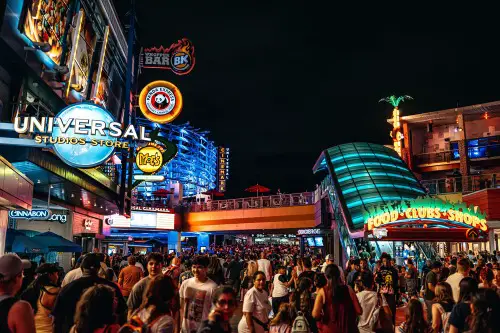
Orlando is all about magic—Disney, Universal, and endless family-friendly attractions. The city thrives on tourism and sells itself as seamless and enchanting. But outside the theme parks, it’s a different story. Dealing with city services can feel like trying to return an item without a receipt at the world’s most indifferent store.
The permitting process is slow, customer service lacks consistency, and traffic planning seems permanently out of sync. Even basic services like trash collection have been inconsistent in growing neighborhoods. Locals often complain that the government caters more to tourism interests than residents. Turns out, there’s nothing magical about waiting three weeks for a water meter inspection.
6. New Orleans, Louisiana
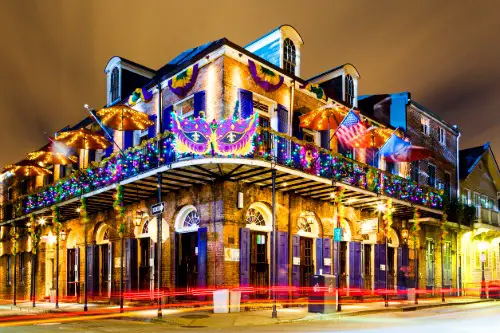
NOLA markets itself as a wild, vibrant, anything-goes party zone. Mardi Gras, jazz, beignets—the city leans into its colorful image. But behind the beads and parades is a city government that can feel stuck in the 1990s. Digital systems are clunky or nonexistent, and paperwork often gets “lost” with no explanation.
Many residents face a gauntlet when trying to interact with City Hall. Permits can take months, and emergency response times have been troubling. Budget issues often leave services underfunded and understaffed. It’s a city that celebrates chaos in the streets, but when it spills into governance, it’s a lot less charming.
7. Atlanta, Georgia
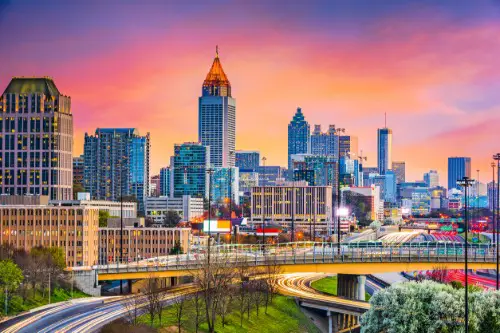
Atlanta is big on branding itself as a cultural and creative capital—hip-hop, film, Black excellence, and booming industry. The city’s skyline and nightlife scream momentum and swagger. But under the hood, the municipal engine misfires more often than not. Long waits, unclear procedures, and outdated systems are common complaints.
Development is booming, but coordination between city departments isn’t. Whether you’re filing a business application or dealing with property assessments, inconsistencies are baked in. And residents often have to physically visit offices just to get answers. In Atlanta, the vibe is fast-paced, but the paperwork crawls.
8. Austin, Texas
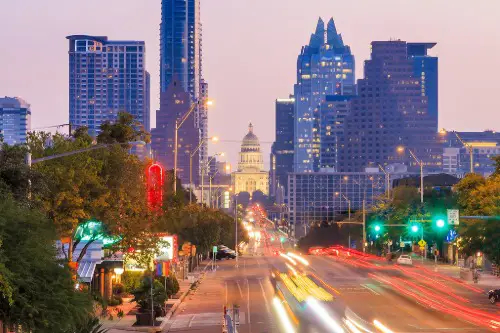
Austin likes to promote its weirdness, its tech-savviness, and its booming creative economy. Music festivals, food trucks, and high-rise condos all suggest a city on the move. But civic processes haven’t kept up with the growth. Permitting delays are legendary, and construction timelines often get dragged down by city red tape.
Locals dealing with the housing department or planning office report endless backlogs. Infrastructure struggles have mounted alongside the population boom. And despite its startup-savvy image, Austin’s municipal tech feels like it came from a floppy disk. It’s a tale of two Austins: one that’s vibing, and one that’s stuck buffering.
9. Denver, Colorado
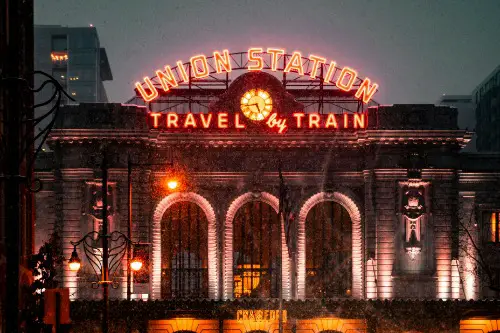
Denver sells the Rocky Mountain high life—clean air, active living, and a youthful, green-forward vibe. It’s a paradise for outdoor lovers and craft beer fans. But if you’re trying to open a business, file a complaint, or get a sidewalk fixed, you’ll quickly find the slow grind of city bureaucracy. Services are often delayed, and interdepartmental communication is murky at best.
The building department in particular has been criticized for delays and inefficiency. Permit processing has become a point of contention for residents and developers alike. Even snow removal logistics can be baffling in a city that knows winter well. Denver may look chill, but its admin side feels stuck in molasses.
10. Scottsdale, Arizona
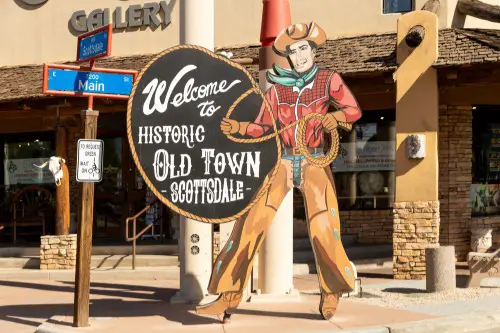
Scottsdale goes heavy on the luxury—resorts, golf courses, spas, and sleek desert living. It’s a playground for well-heeled tourists and retirees. But the local government often feels more like an HOA gone corporate. Residents deal with overcomplicated zoning rules and glacial decision-making on development projects.
It’s a city that markets itself as seamless and sophisticated, but in reality it’s bogged down by endless public meetings and inconsistent enforcement. Trying to open a new business or renovate a home involves layers of approvals that seem designed to wear you down. And while branding is upscale, responsiveness often isn’t. Scottsdale is high-end in theory, but mid-tier in service.
11. San Diego, California
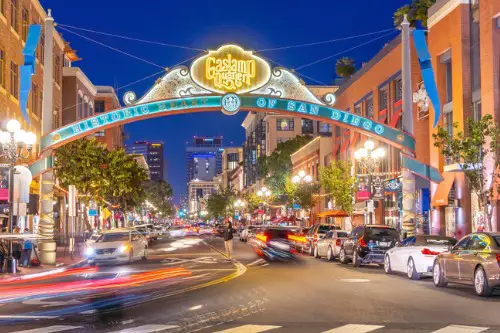
San Diego presents itself as California’s chill coastal cousin—sun, tacos, and smart city vibes. It’s got the branding of a tech-savvy beach town. But the city’s IT infrastructure is notoriously underfunded, leading to frequent service breakdowns and resident frustrations. Things like utility billing, road repairs, and 311 services regularly suffer delays.
Residents often report long hold times when trying to access city services. Public transit projects are slow to roll out and often miss their marks. Despite positioning itself as forward-thinking, San Diego often fails to deliver the basics efficiently. The surf’s up, but the systems are down.
12. Portland, Oregon
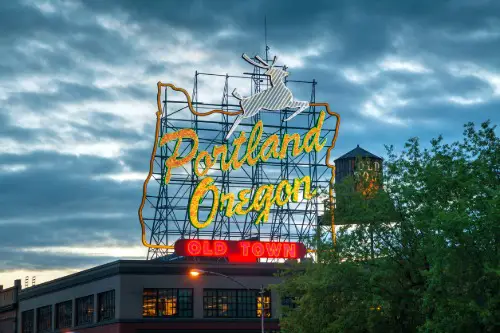
Portland’s identity is all quirky independence and progressive urbanism. Bike lanes, vegan doughnuts, and street murals dominate the narrative. But the city’s internal workings often clash with that image. Housing applications, permitting, and basic services are plagued with inefficiencies and long delays.
The city’s decentralized form of government only adds to the confusion. Each bureau operates independently, making collaboration rare and coordination frustrating. Residents trying to resolve even simple issues face a bureaucratic labyrinth. Portland may be keeping it weird, but it’s also keeping it wildly disorganized.
13. Chicago, Illinois
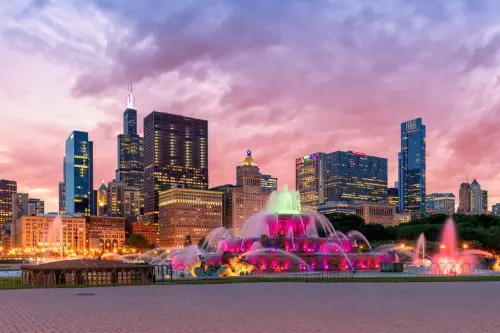
Chicago markets itself as a world-class city with grit, soul, and skyline drama. Tourism thrives on food, architecture, and deep-dish dreams. But try filing a complaint with the city or dealing with public agencies, and you’ll experience a well-documented tangle of red tape and inconsistent enforcement. Corruption might be lower than in the past, but inefficiency is alive and well.
The city’s building department has struggled for years with transparency and turnaround times. Potholes get patched late, and property tax confusion abounds. It’s not uncommon for residents to visit multiple offices for what should be a one-step process. Chicago may dazzle from afar, but it limps along when it comes to logistics.
14. Philadelphia, Pennsylvania
Philly leans into its revolutionary past and gritty authenticity. The city sells brotherly love, hoagies, and historic charm. But behind the branding is a municipal system infamous for long wait times and slow responses. Ask anyone who’s had to deal with the Philadelphia Parking Authority and you’ll likely get a thousand-yard stare.
Permits are slow, appeals take forever, and the phone systems might as well be relics. Even trash pickup in some neighborhoods feels like a gamble. The city’s energy may be tough and passionate, but its administrative side is tired and creaky. Philly’s vibe is fight-the-power—but sometimes the power is just on lunch break.


